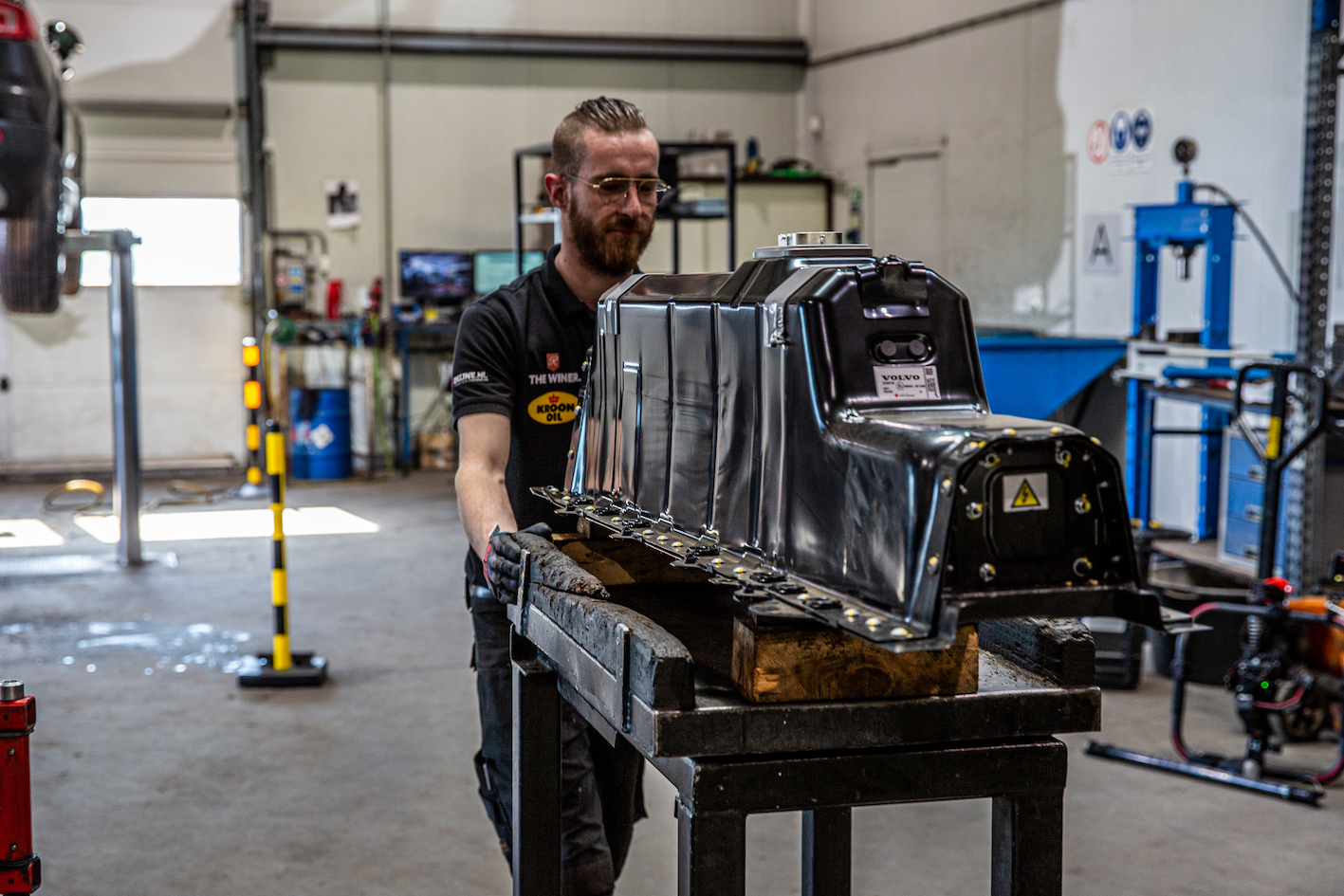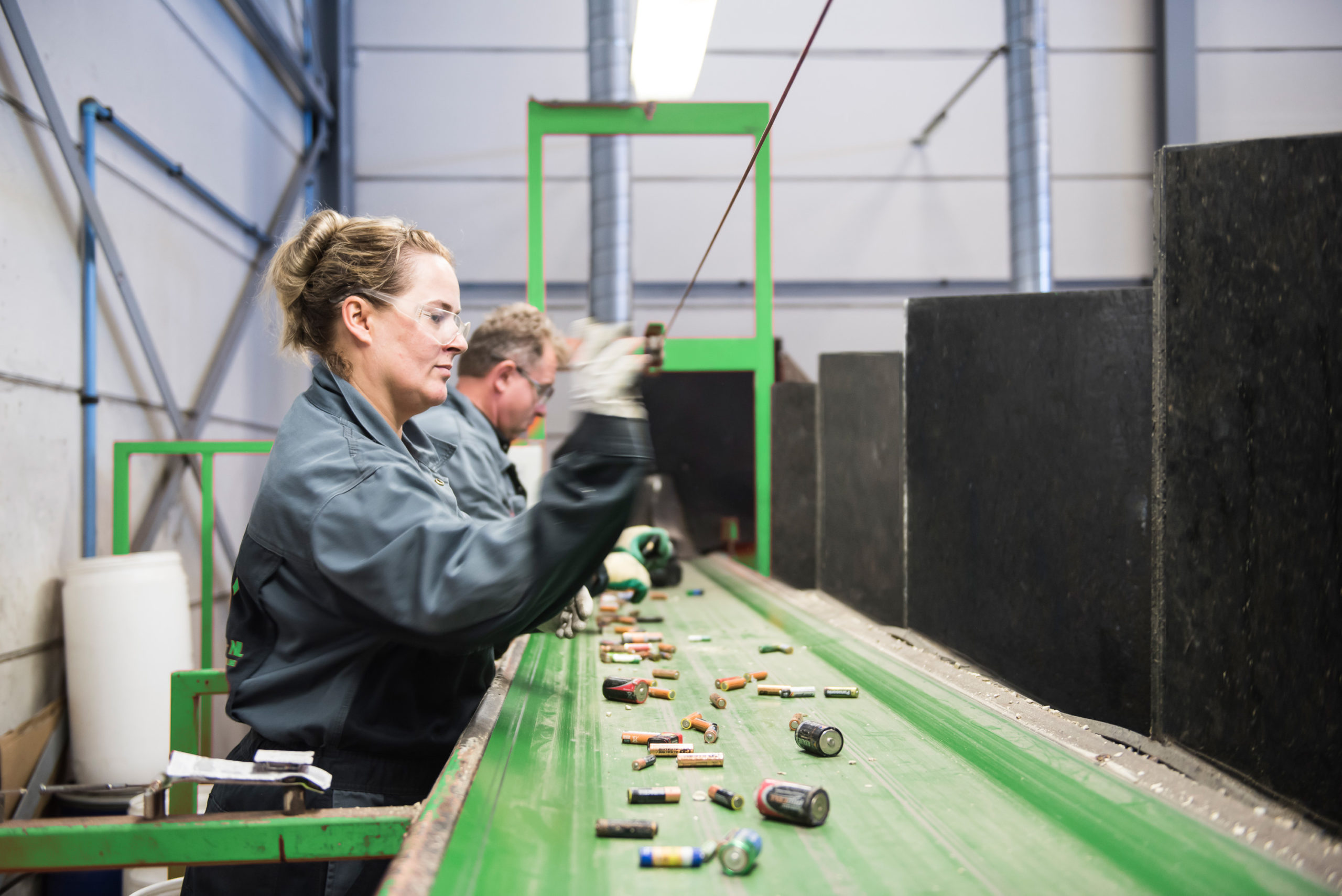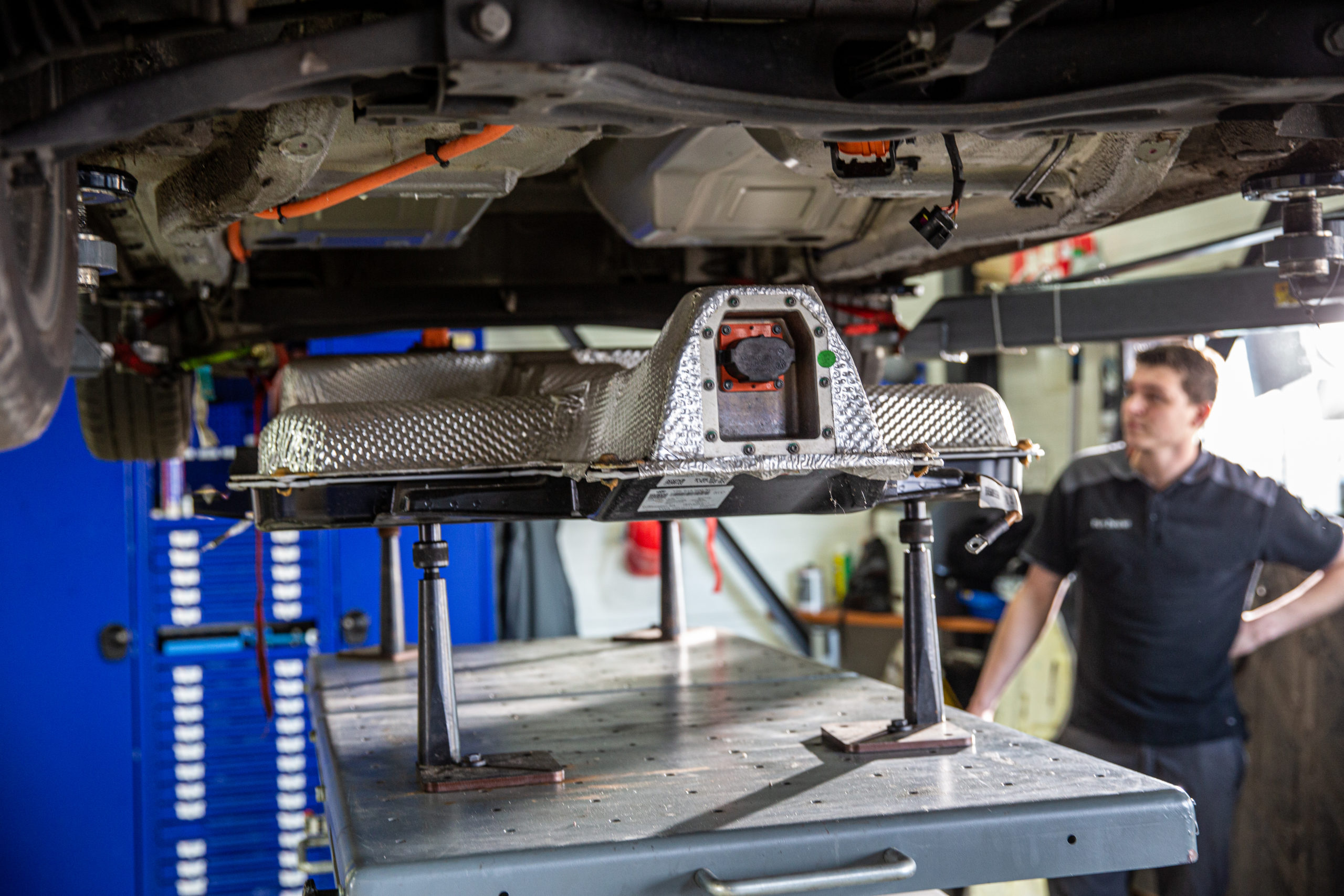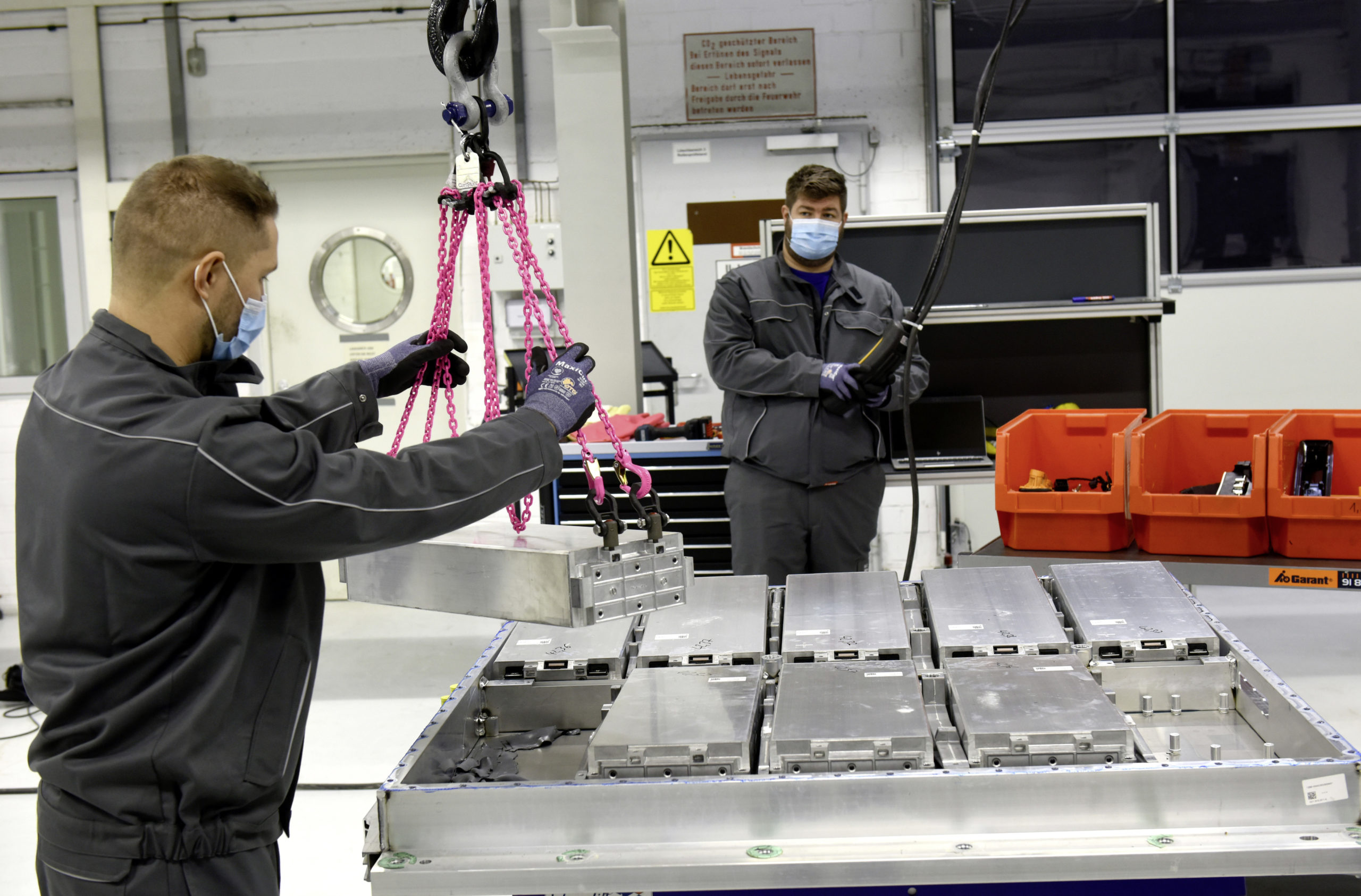What happens to the batteries?
The increasing number of electric cars on our roads translates to more and more of their batteries being disposed of.

Car manufacturers and importers are mandatorily obliged to take back end-of-life batteries. However, by participating in the ARN Management Plan they can delegate that responsibility. In essence, the Management Plan means that ARN carry out producer responsibility for practically all car importers in the Netherlands, but in the meantime also for trucks, busses and motorcycles. Within the Management Plan EV batteries, SLI batteries and LMT batteries are included.
In cooperation with the market ARN coordinates the collection and recycling of end-of-life batteries. Batteries still fit for repurposing are sent to specialized 2nd life operators in the Netherlands. Those that are not suitable for a 2nd life are sent to recycling companies outside the Netherlands. ARN also takes care of the obligatory annual reporting to the Dutch government on the recycling efficiency. The legally mandated recycling efficiency of at least 50 per cent of lithium-ion batteries, by weight, is being met.
Route 1:
Giving batteries a second lease of life
ARN works with three partners that are authorised to assess whether lithium-ion batteries are eligible to be given a second life: EcarACCU; NPP Power Europe; and Time Shift energy storage. These are all specialised companies that accept the batteries as waste and, in so doing, assume the producer responsibility from the car manufacturer. The disposed-of batteries cannot find their way back into the car industry. Instead, they are used for other applications, such as the storage of solar energy, for example. Functioning as the power supply in a remote location is an excellent reuse application for these batteries.
Route 2:
Battery processing
Battery processing is complex. Materials in the battery are separated by methods that include mechanical separation, shredding or hydrometallurgy. At the moment there are no final processors of batteries in the Netherlands. End-of-life batteries have to be sent to other European countries to be processed.
Starter batteries
Starter batteries, such as lead batteries, are also covered by the ARN Management Plan. They have a positive residual value and their raw materials can be recycled, which is driven by market requirements. For starter batteries, there is mandatory requirement for 65 per cent, by weight, to be recycled. This percentage is easily being exceeded.
ARN / Stibat
The registration of batteries
The first step of the legal obligation for importers is to register all batteries put on the market. This is obligatory for all battery categories. In a car not only starter and EV batteries are subject to this obligation, but also the portable batteries (in car keys f.i.). To make it easier for importers the registration is now done via one portal: myBatbase portal. This portal is managed by Stibat; the producer organization for collection of portable batteries.

Newsletter

